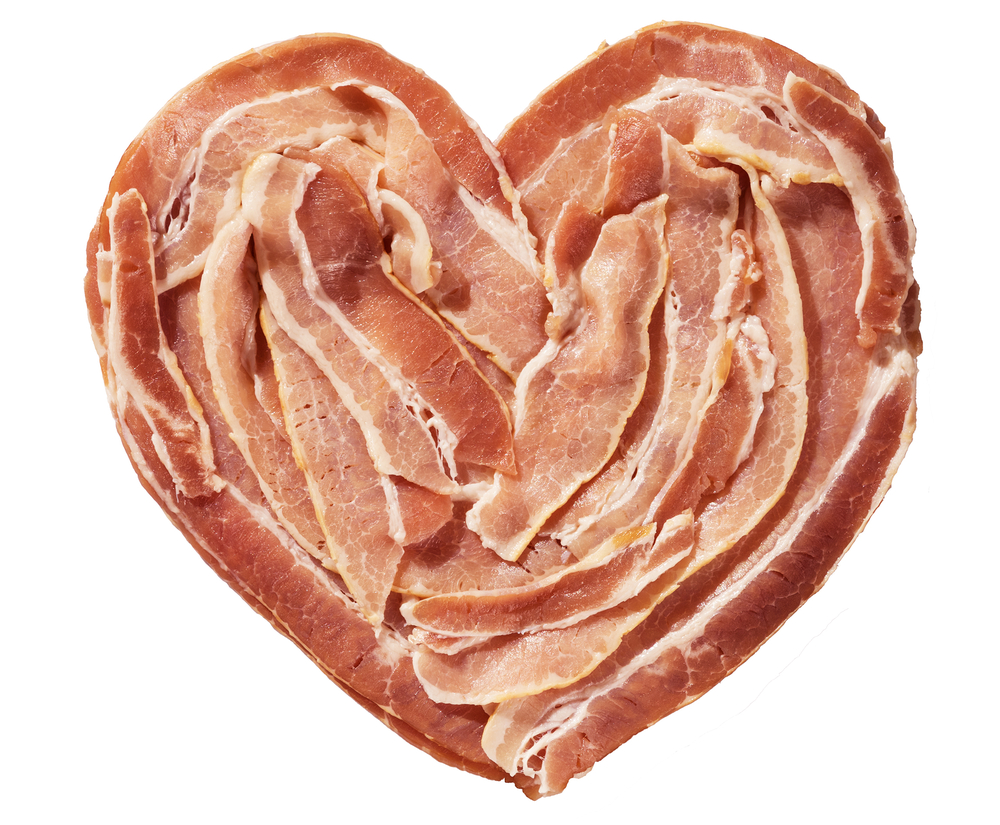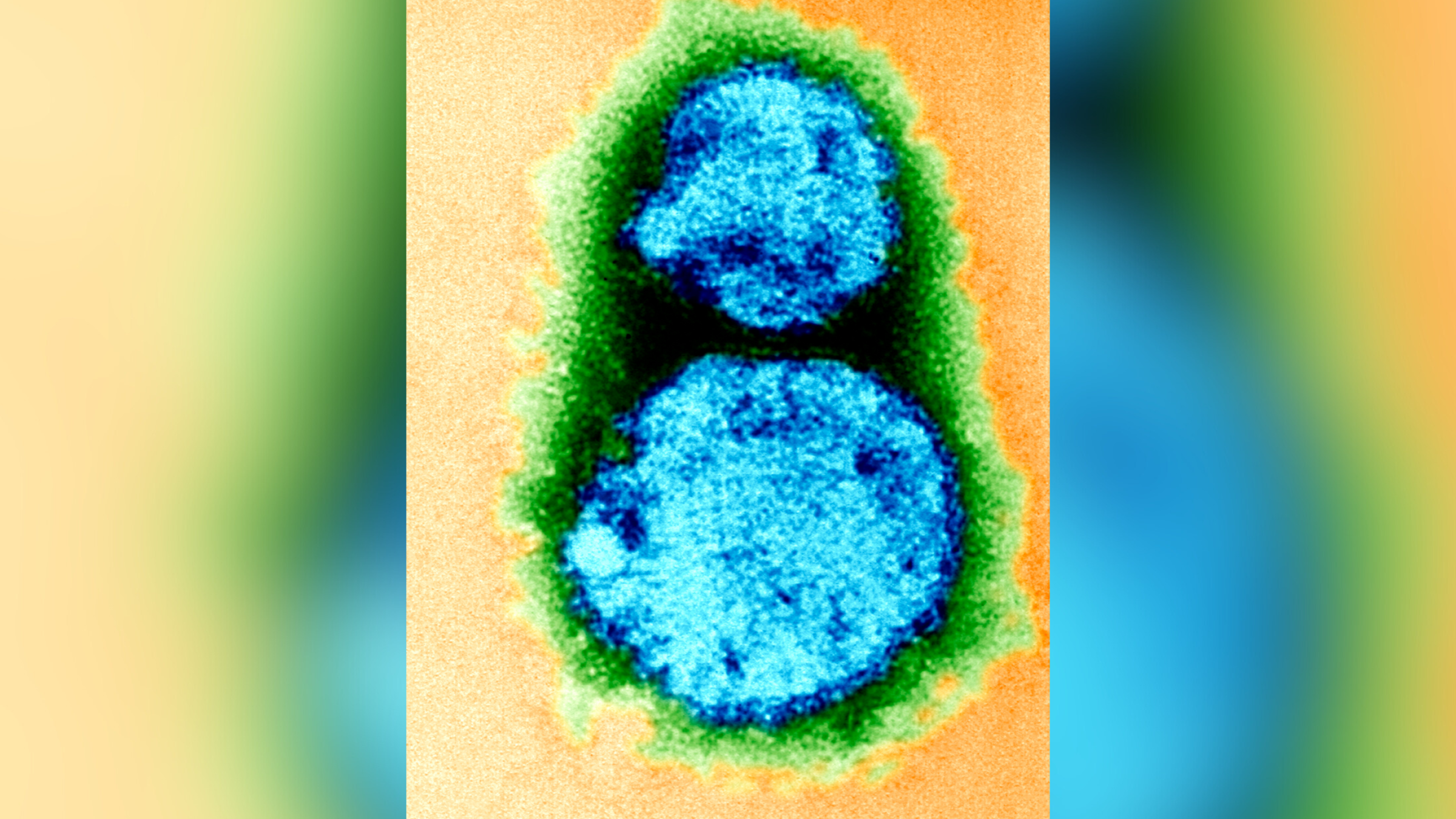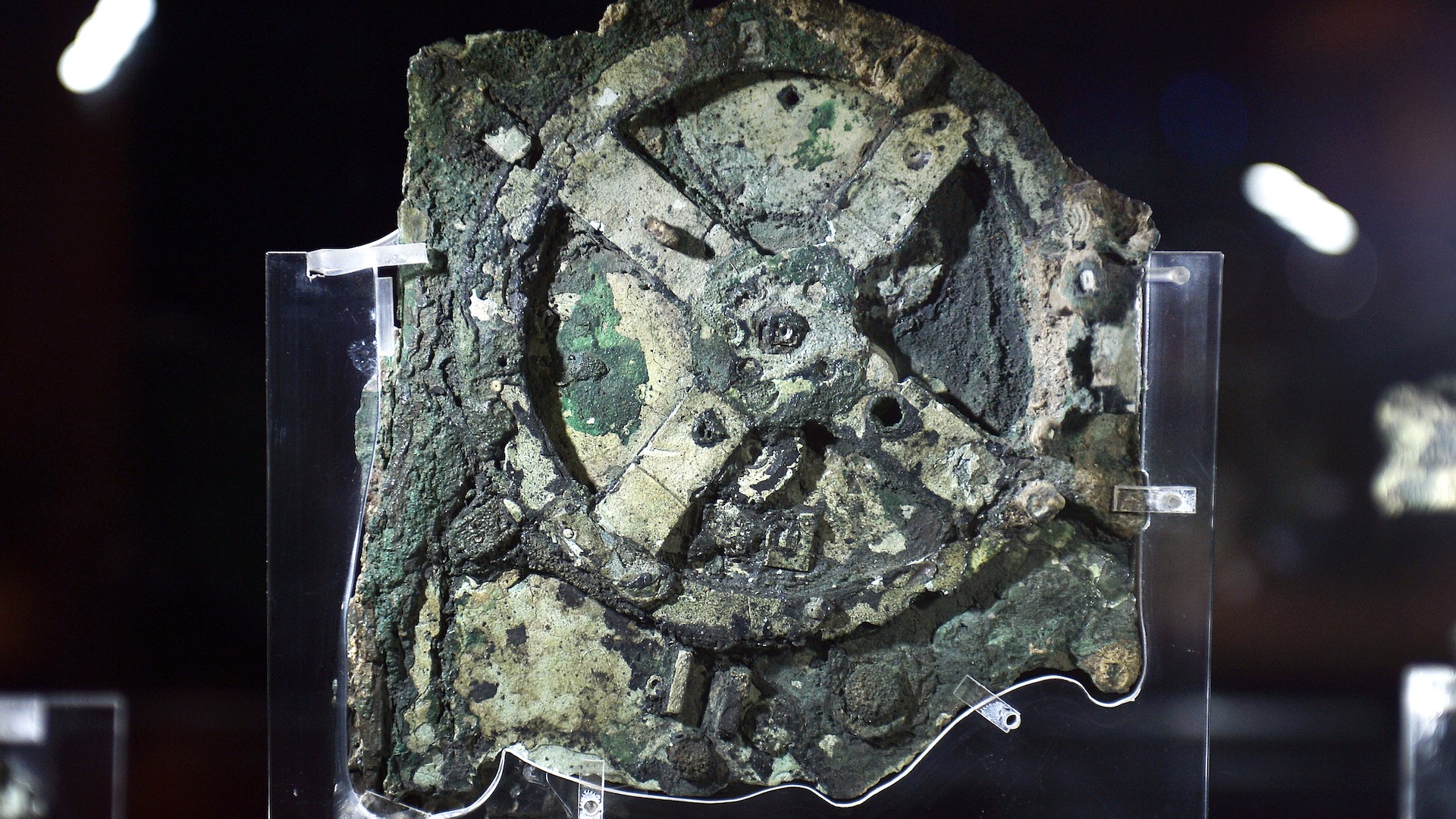Does America Need a Bacon Intervention?

Has America's obsession with all things bacon gone hog wild? Not according to Winter Olympian Sage Kotsenburg, who tweeted Monday (Feb. 10) after winning the gold medal for slopestyle, "I wish the Sochi medals were made out of bacon!"
Not according to newlyweds Tricia Snider and Tom Watson, who tied the knot last week at the Blue Ribbon Bacon Festival in Iowa. Watson declared his love for his bride by saying, "She's second only to bacon," the Des Moines Register reports.
And not according to market research group Information Resources, which found that U.S. bacon sales climbed 9.5 percent in 2013 to an all-time record of almost $4 billion, MarketWatch reports. [7 Foods Your Heart Will Hate]
Bacon-wrapped anything
Much to the alarm of cardiologists nationwide, America now seems to be completely wrapped up in bacon — not unlike many of its favorite foods: Virtually any item that can be consumed — and many that can't — now comes in a bacon-infused style. Consumers can find bacon-flavored bourbon, chocolate bars, martinis, mayonnaise and ice cream in just about any U.S. city.
But nobody was really prepared for the bacon condom, bacon-flavored envelopes or bacon lip balm. And since the introduction of the Perfect Bacon Bowl, anything you can put into a bowl — cereal, pasta, rice, soup — can now be served in a container made of hot, crispy bacon.
And this week is Bacon Week at the Tropicana Casino and Resort in Atlantic City, N.J. (It's one of dozens of bacon festivals that occur around the country each year.) The event attracts entrepreneurs hawking everything from bacon toothpaste and dental floss to chocolate-covered bacon roses (for the insatiable romantic, presumably).
Sign up for the Live Science daily newsletter now
Get the world’s most fascinating discoveries delivered straight to your inbox.
Why is bacon so addictive?
Some food researchers have noted that humans have an innate craving for foods that contain three basic ingredients: salt, sugar and fat. Bacon, of course, has copious amounts of salt (sodium) and fats — and when combined with maple syrup or any other sweetener, you've hit a food trifecta.
In "Salt Sugar Fat: How the Food Giants Hooked Us" (Random House, 2013), author Michael Moss explored this issue in-depth, citing examples of how food manufacturers exploit this craving when developing processed foods such as bacon-flavored, well, anything.
Other writers have noted that bacon carries a uniquely savory taste known as "umami," which is distinct from salty, sweet or other tastes. Umami flavor is an important part of why people like the taste of foods such as fish, shellfish, mushrooms, tomatoes, cheese, soy sauce — and cured meats, including bacon.
The health costs of pigging out
There is, of course, a serious downside to pigging out on bacon. A 2012 study published in the journal JAMA Internal Medicine found that people who ate one serving of red meat a day had a 13 percent increased risk of dying during the study. In addition, eating processed meats, like bacon or sausage, was linked with a 20 percent increased risk of death from causes such as cancer and heart disease, the study also found.
And a study last year from the Harvard School of Public Health (HSPH) found that men who eat more processed meats have lower sperm quality than men who don't. These studies complement other studies that have linked processed-meat consumption to conditions like Type 2 diabetes, heart attack and colorectal cancer.
"To lower risk of heart attacks and diabetes, people should consider which types of meats they are eating," Renata Micha, a researcher at HSPH, said in a statement. "Processed meats — such as bacon, salami, sausages, hot dogs and processed deli meats — may be the most important to avoid. Based on our findings, eating one serving per week or less would be associated with relatively small risk.”
Though there's continued debate over what makes processed meats like bacon so unhealthy, one prime suspect — aside from the high levels of fat and cholesterol in processed meats — is sodium nitrite, a preservative that inhibits the growth of harmful bacteria. When fried at high heat, nitrite can form nitrosamines, molecules that have been shown to cause cancer in lab animals. [Top 10 Cancer-Fighting Foods]
A bacon backlash
Perhaps as a response to these health risks, there are distant rumblings of a bacon backlash. A few consumers and chefs seem to be growing weary of finding creative ways to use the cured meat.
"It's been overplayed so much, and my taste buds are tired of it," Ken Oringer, a Boston-area chef and restaurateur, told the Wall Street Journal.
The industry has taken note, too. "Consumers still enjoy bacon and will try it in new ways," Kara Nielsen, a San Francisco-based marketing expert, told the National Provisioner, a meat-processing trade journal. "But the bacon trend is maturing, and it's less of a trend now than just part of the landscape."
But for people who love bacon to death, nothing is likely to keep them from their meat, and there's now a product that ensures they'll never, ever have to do without it: a bacon-themed coffin.
Follow Marc Lallanilla on Twitter and Google+. Follow us @livescience, Facebook & Google+. Original article on Live Science.










